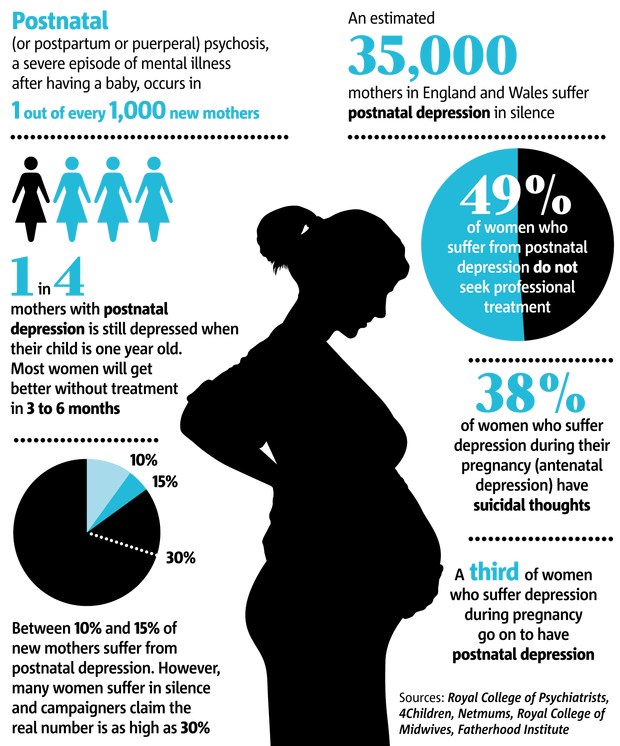Mental Health SDG 3

Naina Jha is a PR Professional and a travel hog, who loves to explore. She loves music, dance and sports. She has a keen interest in social work and has worked with an NGO for 5 years. She is actively working on the state of education in slums.
Mental Health
“Mental health includes our emotional, psychological and social well-being. It affects how we think, feel and act.”
WHO defines mental health as a state of well-being in which every individual realises his or her own potential, can cope with the normal stresses of life, can work productively and fruitfully, and is able to make a contribution to his or her community.
Mental illness is actually a problem. Sadly, in India, people don’t see it as a problem. They keep on ignoring their mental illness. They think it is a result of stress and that they can recover with a bit of rest. But that is not always the case. Ignoring mental illness means allowing it to build for a long term and it gets dangerous. Mental health is something that needs immediate attention.
Mental illness affects families as well as individuals. The children of people suffering from mental illness are at greater risk of abuse, neglect and a range of emotional and behavioural issues. According to 2012 study in the British Medical Journal, people with even mild mental health problems may have a lower life expectancy. Those with the highest level of depression or anxiety were at a risk of death that increased a whopping 94 percent.
A study says, 1 in 4 women will seek treatment for depression at any one time; 8-15% will experience postnatal depression after giving birth.
There are various reasons which cause depression among women. Women may juggle a number of roles within a family- they could be a partner, carer, and mother as well as run the household and hold down a job. Concerns about their own safety, working at home primarily on housework and poverty can all make women feel isolated. Sexual and physical abuse can have a devastating impact on their mental health- this is especially true if no help is sought. Women go through depression during pregnancy due to various bodily changes, the pressure of birthing a male child and so on. There are many who go through post-natal/ post-partum depression but don’t realise what it is since they are unaware.
Prioritising mental health is important. Because caring for your mind and body means living longer, better, healthier and happier. Just as we have treatments for any physical ailments, there are therapies, medications, lifestyle counselling that can ease mental suffering especially if one gets help at the earliest. Recovery should be a process undertaken by the entire family. Family can be very helpful in diminishing their depression phase with their love and support.
Peace of mind is a natural condition and basic human right for everyone. It enables every woman to have healthy relationships and to stay happy.



